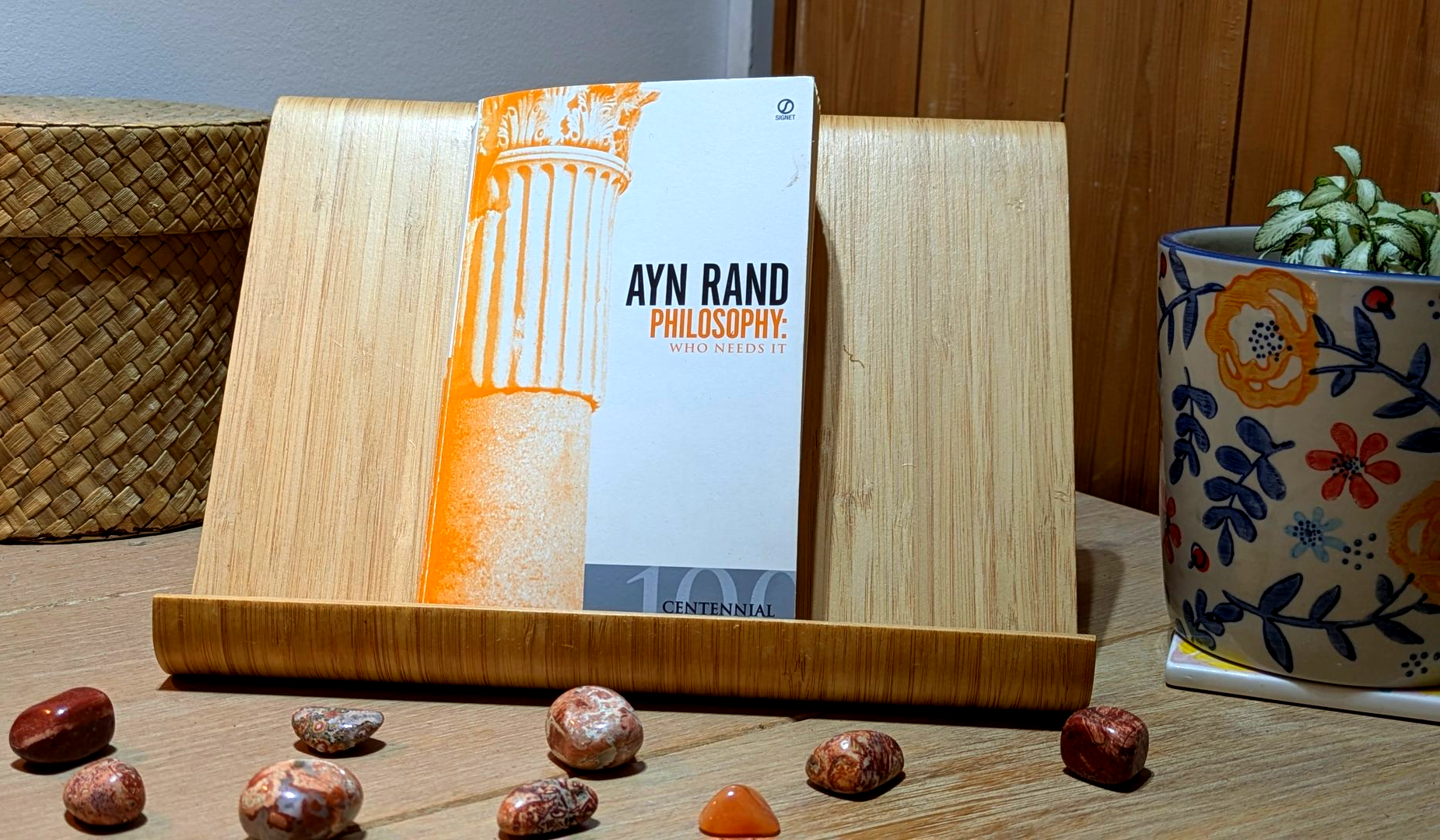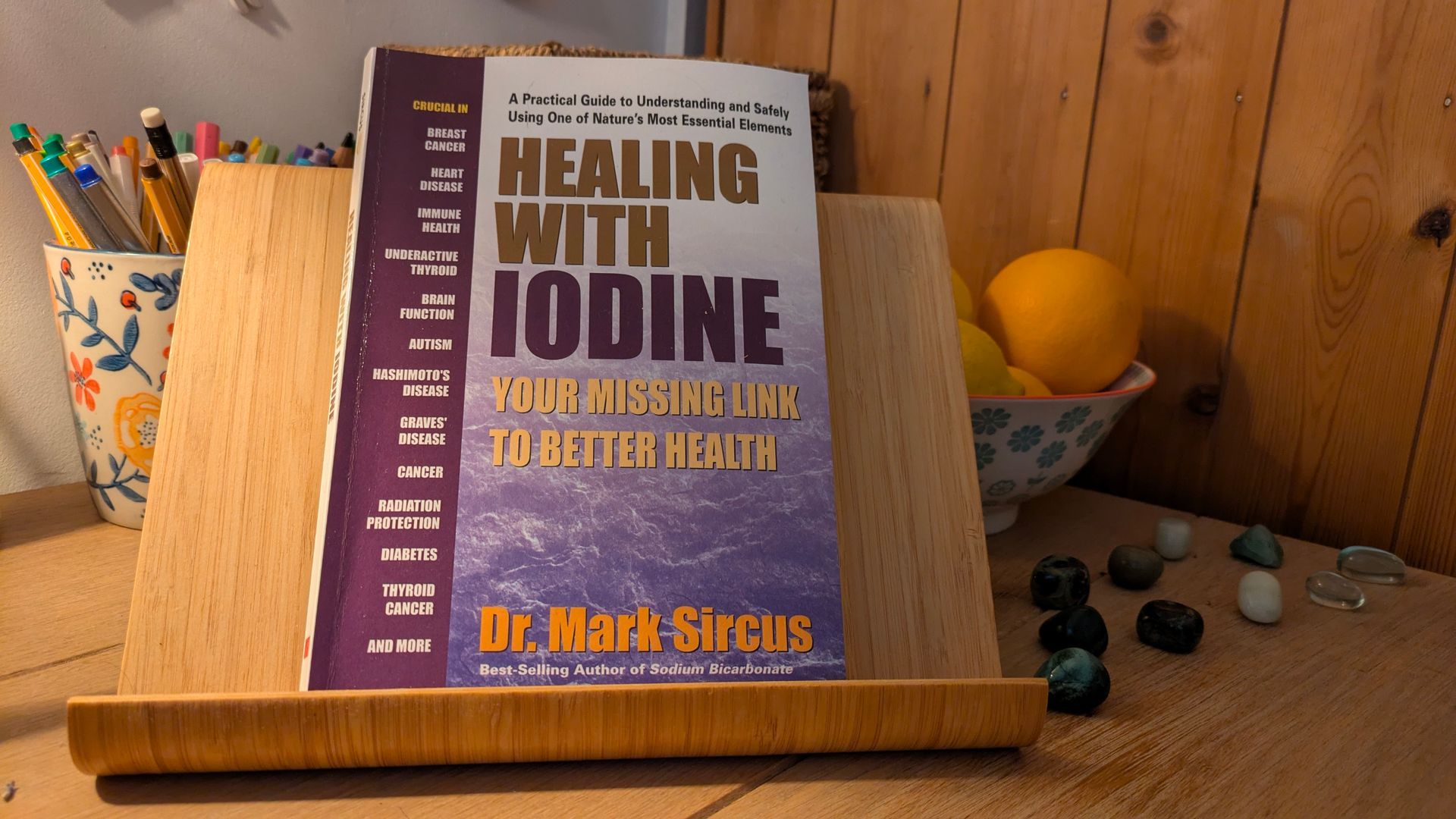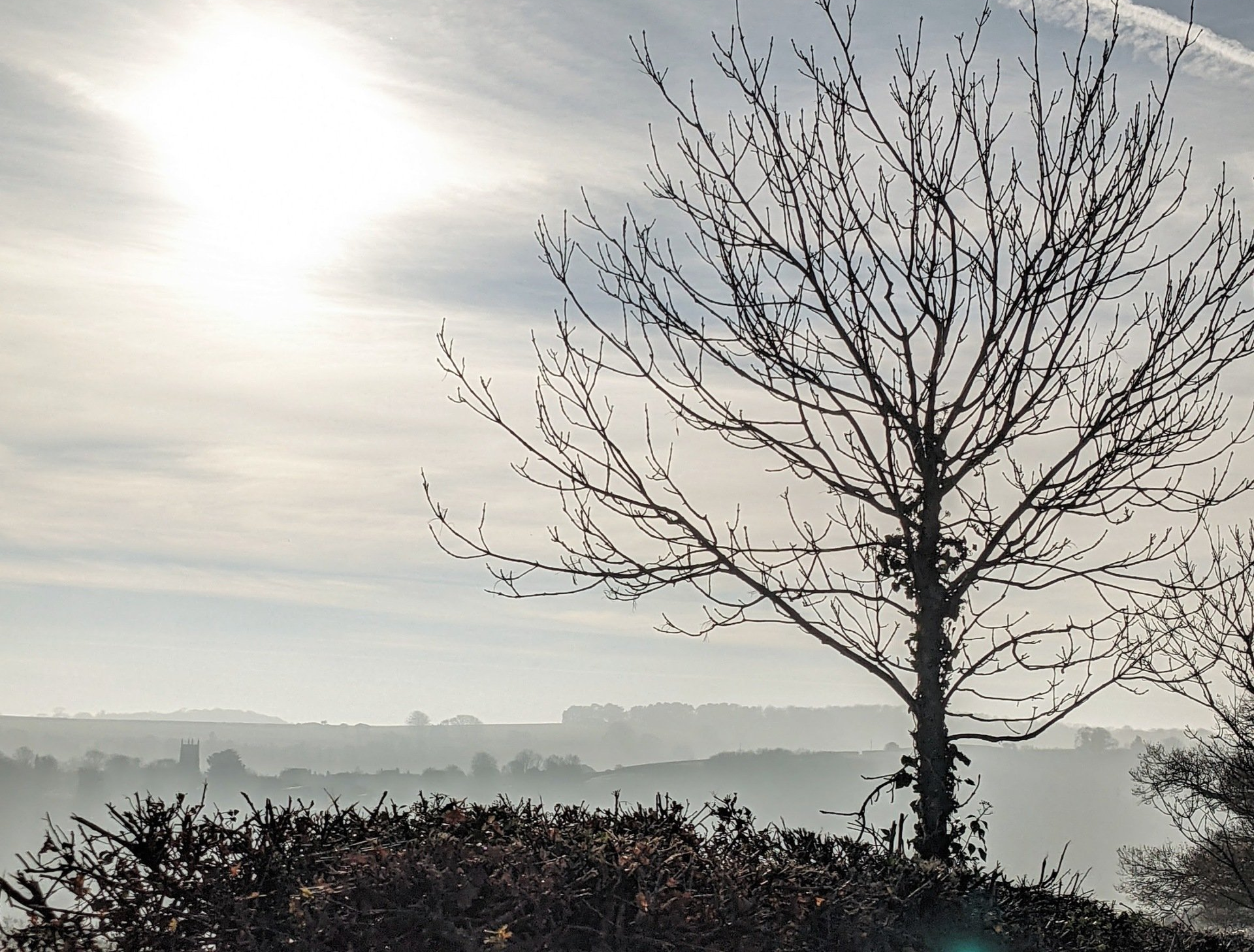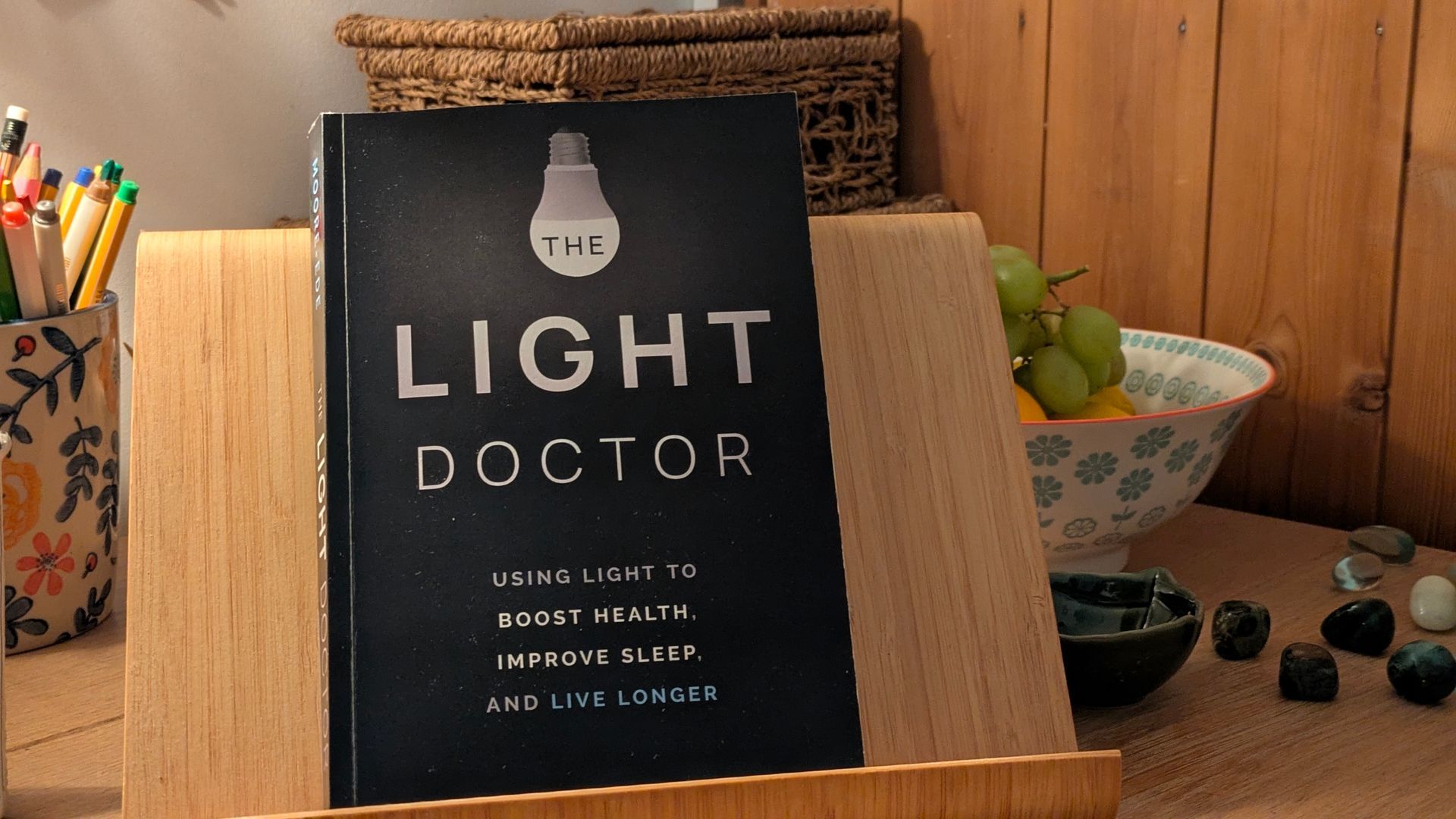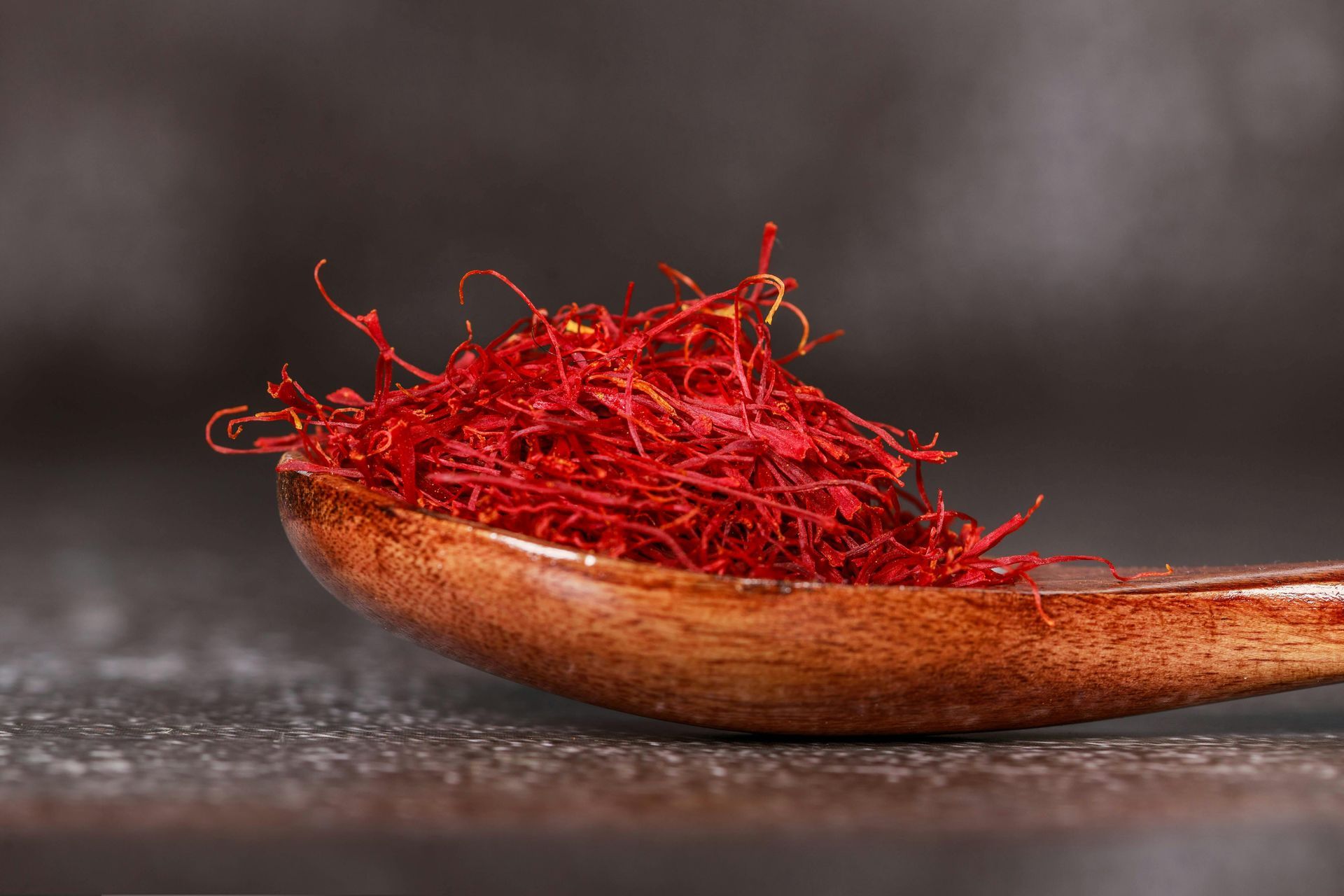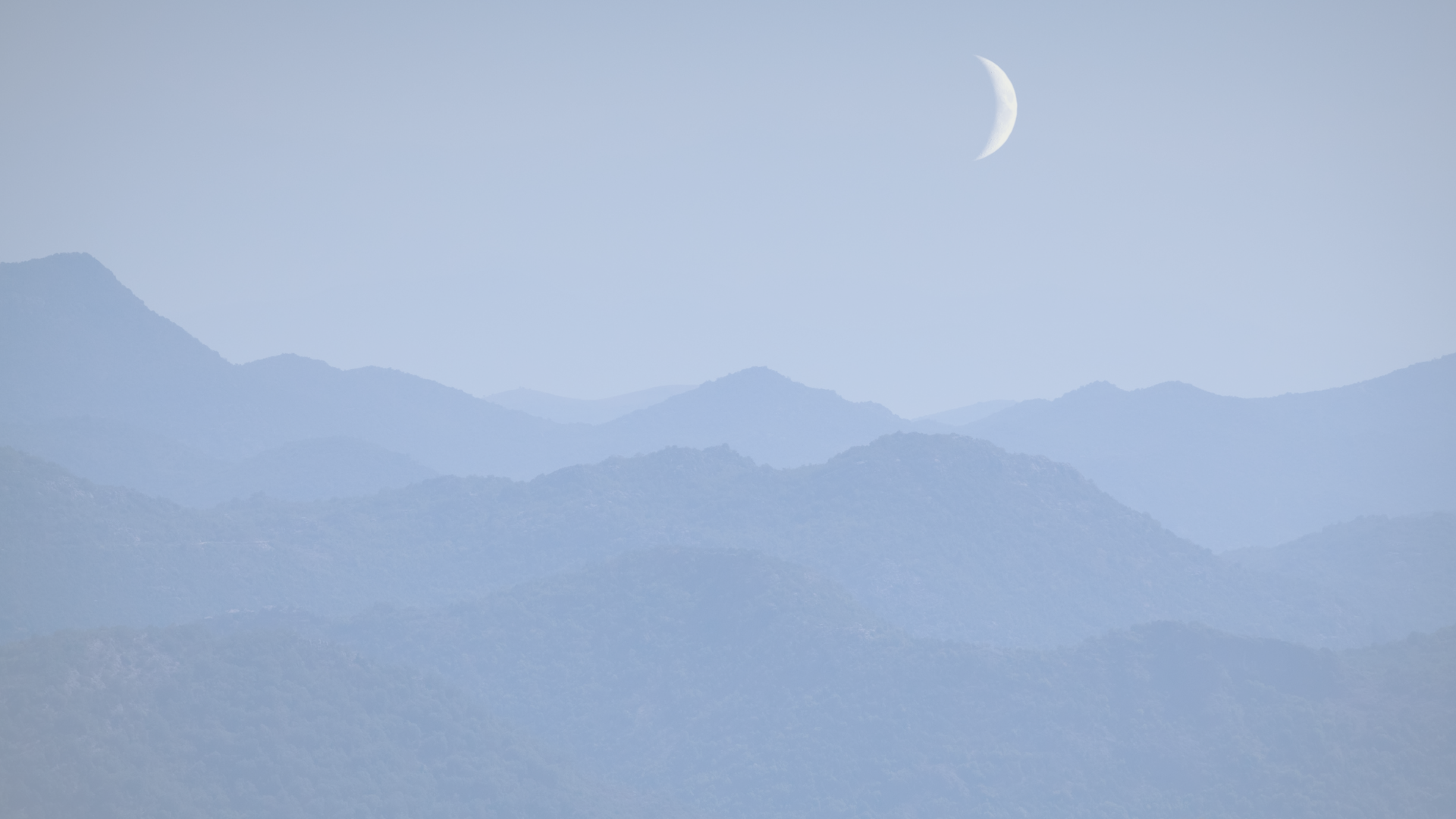Philosophy: Who Needs It by Ayn Rand
How to protect our individuality, moral purpose and consciousness
Exceptional authors tend to appear when you are on a particular path and are ready for the knowledge they can impart to you. Many of us can list books that have had the most influence on our way of thinking or way of life. My list now includes Ayn Rand, a reclaimed author who wrote both fictional and theoretical books that, in the same frame as George Orwell, warned of the danger of not thinking for ourselves and living our lives according to the whims of others.
Ayn Rand thought that one should study philosophy in self-protection and in defense of truth, justice, freedom and any value you ever held or may ever hold. Her philosophy known as Objectivism is the concept of man as a heroic being, with his own happiness as the moral purpose of his life, with productive achievement as his noblest activity and reason as his only absolute.
As stated by the Ayn Rand Institute: Ayn's philosophy is not an esoteric subject but a daily force shaping individual lives and human history. You must have some view of the kind of world you live in, of how best to understand and deal with it, and of what to aim at in life. Your only choice is whether your philosophical premises are acquired by your own independent thinking or absorbed unquestioningly from those around you.
Ayn Rand opposed philosophies such as Collectivism and Statism, which she considered to include different forms of government that embrace Communism, Fascism, Socialism, Meritocracy, Democracy and the Welfare State. Her ideal form of government exists solely to uphold man's individual rights and protect him from physical violence with its only authority being the consent of the governed. It is therefore not the ruler, but the servant or agent of the citizens with no rights except the rights delegated to it by the citizens for a specific purpose.
George Orwell who wrote Nineteen Eighty-Four and Animal Farm was a socialist warning of the dangers of Totalitarianism (brought about by Collectivism and Altruism) and corruption (brought about by favouritism, unearned privilege and the taking away of a man's right to live freely and think for himself).
From her dedication to the universal truths of Aristotle, the moral justification of Capitalism (where man is free to exist for his own sake, neither sacrificing himself to others nor others to himself (as determined by Natural Law), and the recognition that every man is an end to himself (not a means to the ends of others), to the critical analysis (and philosophical detectivism) of flawed philosophies (mostly unknown to us) that have led to the situation we find ourselves in today.
For all these reasons, Philosophy: Who Needs It, is a critical book that carries an important message as relevant today as it is was in 1982.
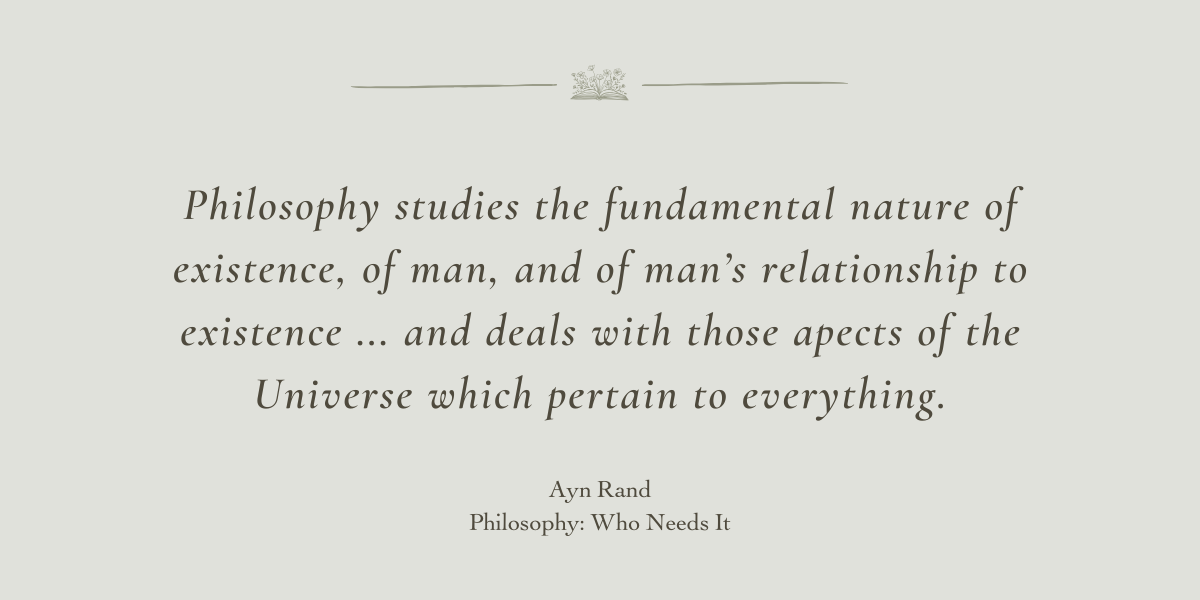
Authors of note
Ayn Rand [1934-1982] was a Russian-born American writer and philosopher, noted for her acclaimed fiction writing (including Anthem, The Fountainhead and Atlas Shrugged) which was underpinned by her own philosophical system of Objectivism encompassing Capitalism as a social construct based on the recognition of individual rights, including property rights in which all property is privately owned and everyone has the right to own their own property.
For each one of us to live a harmonious and prosperous life on Earth, Ayn suggests we need to:
- Follow reason, not whims or faith
- Work hard to achieve a life of purpose and productiveness
- Earn genuine self-esteem
- Pursue our own happiness as our highest moral aim
- Prosper by treating others as individuals, trading value for value
This aligns with some of my favourite philosophers including Erich Fromm, Carl Jung, Abraham Maslow and my late Dad, Jeff Cartwright, who have uncovered fundamental truths about human nature, our connection to each other and our existence in the wider Universe as a basis on which to design the building blocks needed to create living environments that focus on every individual's right to thrive and grow.
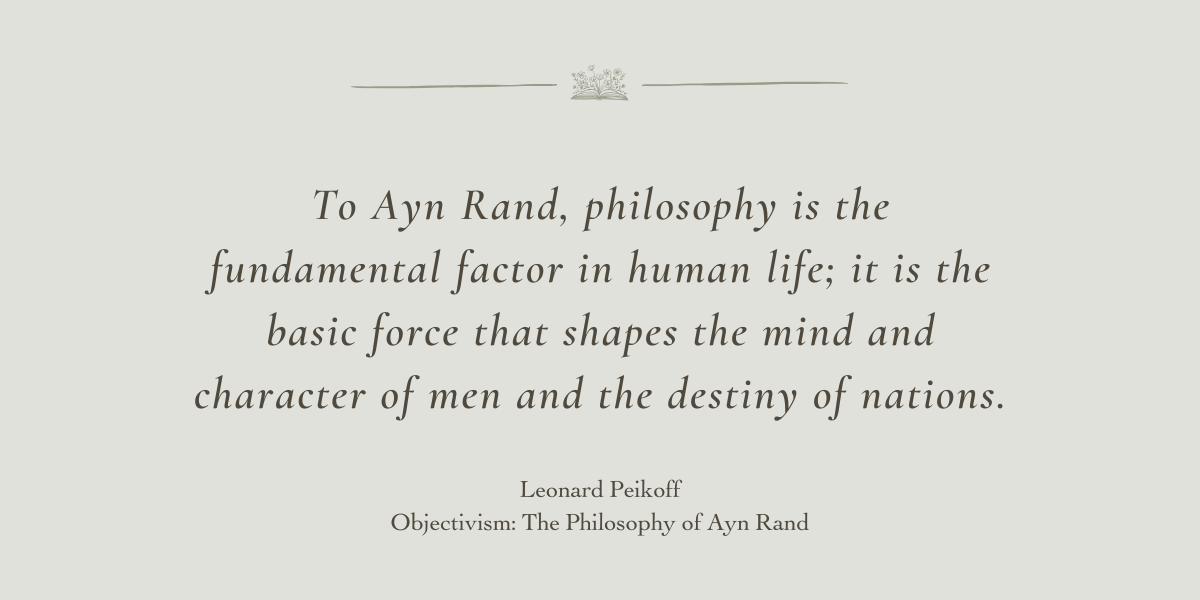
Philosophy by design
It is clear to see that Ayn Rand created her own philosophy based on fundemental truth. This was necessary (particularly in her novels) to demonstrate how we can create a better world by reasoning with our minds and connecting to our inner consciousness. It was also necessary to highlight the outrageous irrationality of silo
scientists and academics who are bought and paid for by governments, conglomerates and global non-profit entities, while being promoted preferentially on mainstream media.
It is no wonder the concepts of
individual independence and
freedom are so vehemently opposed by those who seek the
good life for themselves to the detriment of anyone not like them - and why they prefer us not to think about it.
Ayn's writings, lectures and books confirm that positive change is possible and that such tyranny can be countered, quietly, by contesting unfounded, irrational claims as we come across them. It means being prepared to think for ourselves and to speak out, rather than being told what to think and accepting the untruth that our ideas, rights and desires are not important.
Choosing the kind of world we want to live in is in our hands and we need to take note, because, as Ayn said in 1982 when her book was published:
The brutes are winning by default.
It is prudent for us to be able to recognise
rational philosophies that have our best interests at heart, compared to dogmatic
pseudo-philosophies based on whim that force change onto us without our knowledge, consent or favour.
The beauty of Ayn Rand is that she shows us how to counter such falsities and stand up to our own truth.

Indigenous philosophy
It was no surprise to discover that philosophy has been instrumental in the creation and sustainable growth of indigenous communities through the ages. It has enabled them to live according to their own principles in harmony with Nature, strengthened by the extraordinarily brave measures taken to protect the legacy of their ancestors and the lives of their children into the future.
Miguel van der Velden, who traces his roots to the Wayuu, Añú and Cuiba tribes of Venezuela, and to Dutch and Spanish travellers, understands how Indigenous Philosophies help Indigenous Peoples regain their cultural integrity, and how this can help to steer humanity off the path of destruction and the spiritual estrangement felt by so many today. He says:
One of the main goals of philosophy is to ask why we have this life and how we are meant to live it. As such, it has been the backbone of many cultures throughout the world and history. It has influenced entire nations. One could argue that in everything we do, there is a philosophy underlying the action. This raises great concern: if this is true, and philosophy plays such a fundamental role in society, then what great flaw in the philosophy of the modern world is causing us to destroy the environment, turn a blind eye to oppression and subject ourselves to a political-economic system that for many of us simply does not fit.
This ties in perfectly with Ayn Rand's warning that we must call out the wicked and flawed philosophies that have been enabled to permeate society, funded by those who increasingly try to prevent us from thinking for ourselves and using our intuition to understand the world we live in. While doing our inner work to understand who we are is essential, so is using our minds to think logically and rationally about the future we want to create for ourselves.
It means we must protect ourselves from believing things we are told at face value. It means questioning everything we are told until it
makes sense in our own mind and
feels right in our soul. Only then can we be sure that the knowledge we are taking on board is grounded in truth and supports our rights as individuals.
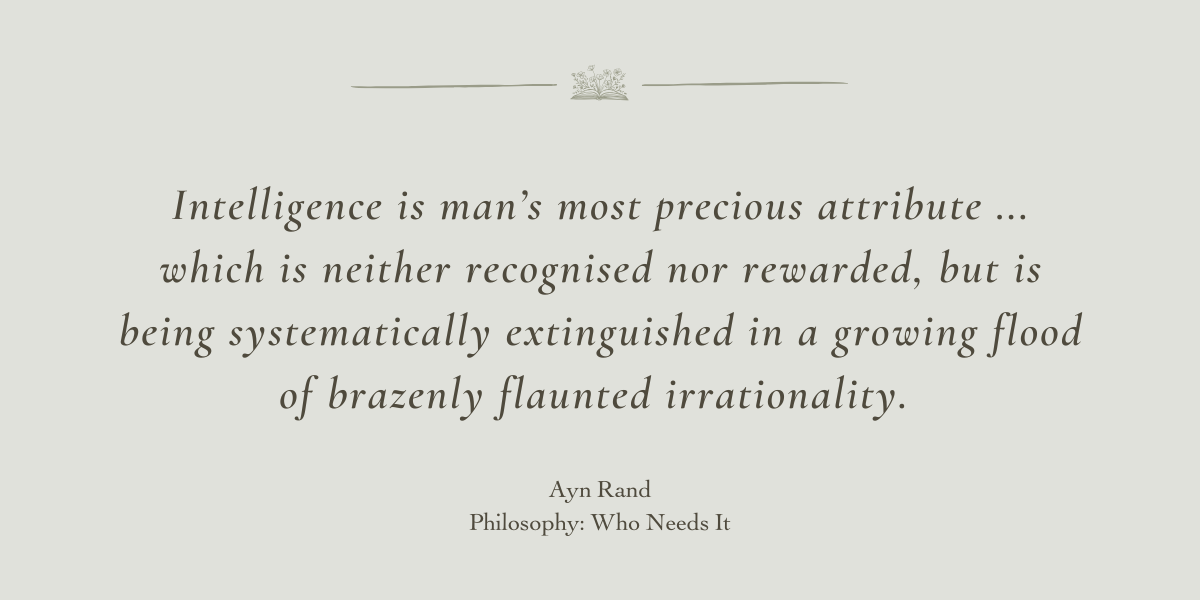
Using common sense
Ayn Rand is quite clear about the fact that man is neither to be obeyed or commanded and provides knowledge and tools to counter ridiculous statements, nonsensical catch phrases or throwaway quips which are designed to evade the truth with aplomb and flounder you.
These slogans are rife and are used by those politicians who have been taught to deny everything and lie with impunity as and when required. Each one of us needs to apply our common sense, moral code and reasoning when subjected to unproven metaphors, fictional straw men, questions left unanswered, autoritarian dogmatic absolutes, and so on.
As Ayn says, we need our own philosophy to back us up and give us a consistent case when dealing with specific issues. This is not as difficult as it sounds when you know the battle is primarily intellectual or philosophical rather than political. It's a question of bringing order to our ideas and integrating them into our lives and our conversations as a matter of course, and not allowing ourselves to be dictated to by others.
In Ayn's words, it means developing an active mind as a permanent attribute with a profound conviction that ideas are important to you and your life as you insist on the use of reason in all of your personal dealings which will lead to many opportunities to enlighten others.
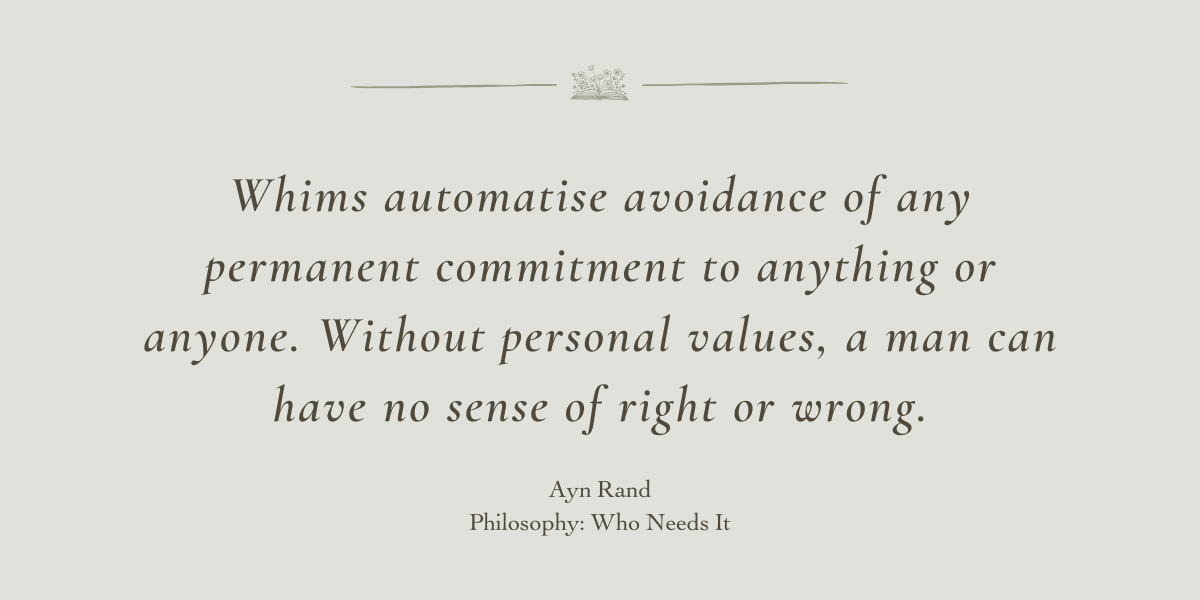
Philosophical detectivism
In your role as a philosophical detective, your mission is to pick up on catch phrases used as handy means of Rationalisation which Ayn describes as the hatred of reality, the notion that reason is unable to perceive reality, and proclaims the supremecy of emotions, in an uncomprehensible world. For example:
- Nobody can be certain of anything is a rationalisation for a feeling of envy and hatred toward those who ARE certain
- Nobody is perfect in this world is a rationalisation for the desire to continue indulging in one's imperfections and to escape reality
- Nobody can help anything he does is a rationalisation for the escape from commitment and moral responsibility
The key is to take whatever is being said as read and to question the logic. By answering (to any of the above): So tell me, why not? will probably be enough to end the conversation, you will have caught them by surprise and deflated them, thus reducing their confidence - ever so slightly - the next time they choose to spout such nonsense.
If someone says to you, it may be true for you but it's not true for me (which tries to deny the Law of Identity), you could point out that something can't be true and untrue at the same time so which is it?
If someone says to you, this may be good in theory, but it doesn't work in practice (which tries to detach theory from reality), you could say that it is the theory that underpins the practice identifying principles that can be used as guidelines for man's actions.
If someone says to you, it's logical but logic has nothing to do with reality (which tries to assume that things are not really as they are), you could point out that logic is the art of non-contradictory identification which is ruled by the Law of Identity where each thing is identical with itself. Mention that this is underpinned by the Law of Logic (or logical reasoning) which ensures terms and subjects remain consistent within an argument.
The question is, are we going to continue to pander to the whims of individuals, corporations and governments that deem to control us by erasing our identity and denegrating our minds using underhand tactics? Or, are we going to think for ourselves and use our intelligence and common sense to burst their bubbles of untruth and stop the madness?
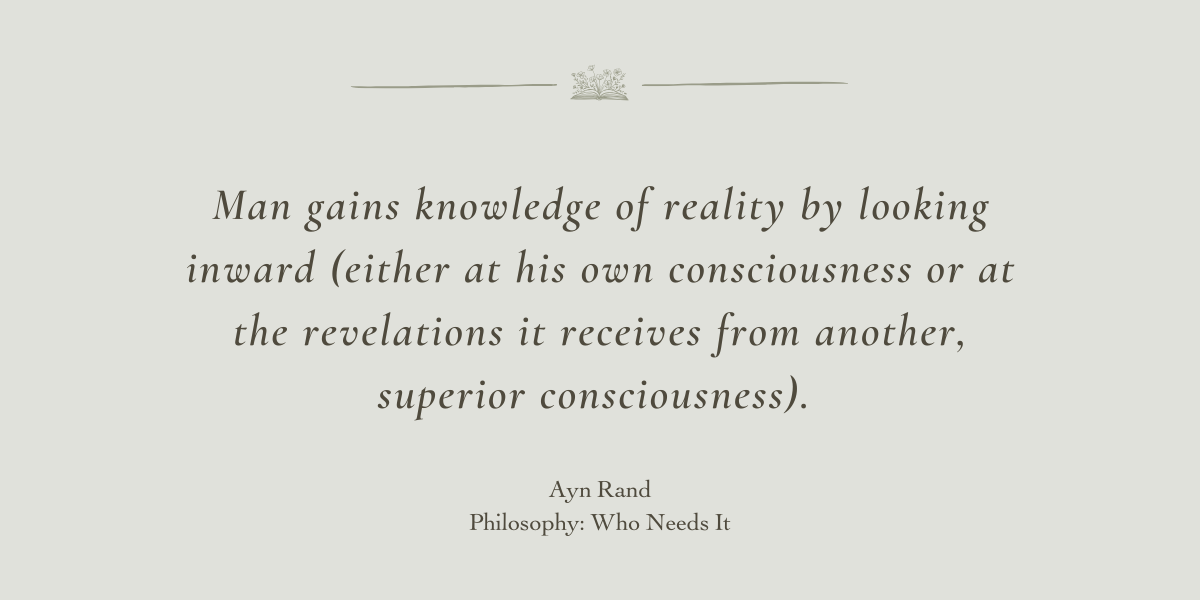
The dangers of altruism
Thanks to Ayn Rand, I can at last say that I understand the pros of Capitalism, Objectivism and Individualism (representing freedom) and the cons of Communism, Collectivism and Altruism (representing dictatorship).
These are highly complex subjects which I have been afraid to delve into with my limited intellectual skills and lack of formal academic training. Having read Philosophy: Who Needs It (Capitalism: The Unknown Ideal is on order), it has been a revelation to be able to consolidate my thinking, substantiate my philosophy for a beautiful life on Earth for all people (incorporating my Dad's legacy) and to know how to counter those who are likely to attack such beautiful work in ignorance or fear, if given the opportunity to do so.
I will write further on this as understanding what philosophy is, where it comes from and how it impacts on our daily lives is vitally important if we are to have control over the lives we want lead - rather than allowing ourselves to be coralled into oblivion as a collective mass of nonsensical average individuals with no personal rights to anything.
By believing we are an insignificant part of the collective with a duty to sacrifice ourselves to an unspecified and constantly changing greater good based on the insecurities of those who have no interest in us as individuals at all, we are sleep-walking into a dictatorship.
It helps to understand that the idea of self-sacrifice comes from the Philosophy of Altruism which, far from being an important moral value (as promoted by many cultures and religions), is actually an insult to our intelligence. This is because it steadily sucks the life out of everything we hold dear and plays on our good intentions, especially when it comes to our innate generosity, our appreciation for reciprocal giving and receiving, our wish to support each other, our desire to work creatively and to enjoy being recognised and rewarded for our efforts - as we should.
Such common rights and simple pleasures in life that we appreciate are being threatened by the idea that we should sacrifice everything we own - including our minds - to the unconscious and irrational notions of others.
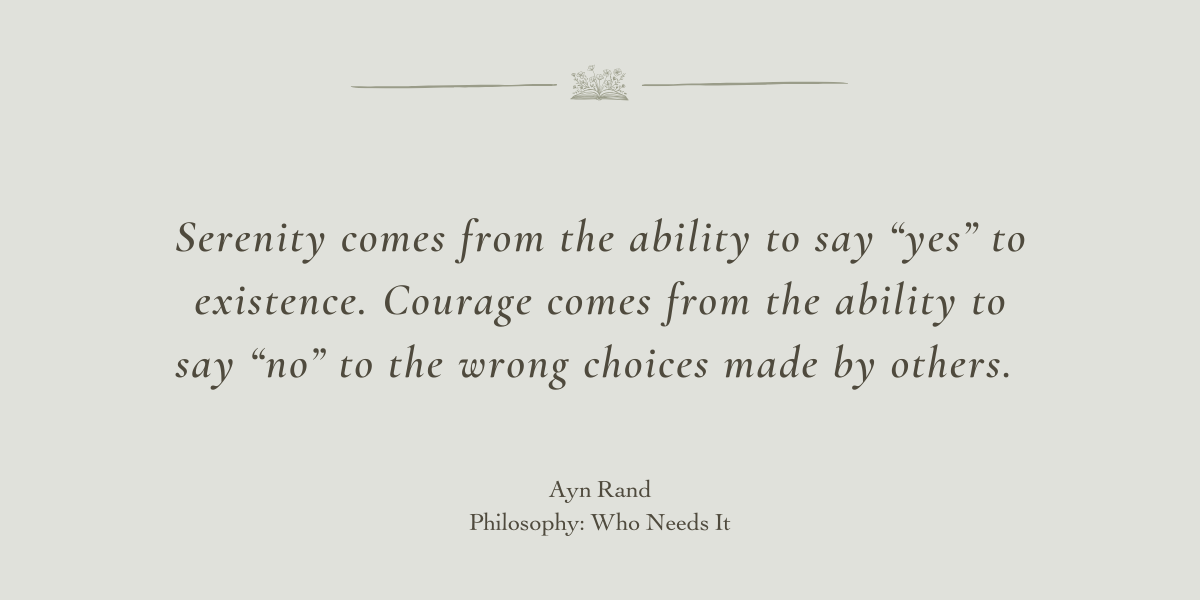
What we can do
There is no question that we have been remiss in allowing (or consenting to) the creation of man-made rules and unlawful legistlations that not only hold us back but are designed to work against us. All we want is the freedom to live the lives we choose in comfort and safety with respect shown for each other and the natural world.
We know this means taking responsibility and holding ourselves accountable for our actions, given the opportunity to follow our own path and build a future that we can look forward to.
The question we need to ask is: Why do we feel so far away from living a simple life that we can enjoy in peace? The answer is that we expected our governments to support us and provide for us, we went along with their stories because they made it sound so enticing without revealing their true agenda.
More of us are realising it is time for us to raise our heads above the parapet to come together to find a way forward that makes sense, and that we can all agree upon because it works for everyone. Ayn makes it clear by saying:
As a human being, you have no choice about the fact that you need a philosophy. Your only choice is whether you define your philosophy by a conscious, rational, disciplined process of thought and scrupulously logical deliberation - or let your subsconscious accumulate a junk heap of unwarranted conclusions, false generalisations, undefined contradictions, undigested slogans, unidentified wishes, doubts and fears, thrown together by chance, but integrated by your subconscious into a kind of mongrel philosophy and fused into a single, solid weight: self doubt, like a ball and chain in the place where your mind's wings should have grown.
This concludes my overview of an incredibly informative and supremely helpful book which was written for people like you and me who want to bring positive change into this world.
I will be back to share more but for now, I hope this has given you food for thought, and the incentive to apply your little grey cells to understanding your philosophy. As Agatha Christie's Poirot put it, the true art of logic and reason is to develop a unique style of detection comprising a combination of logical deduction, hands-on investigation and intuition.
Thank you for reading my longest post to date, I hope it has been helpful and I look forward to seeing you next time.
Sue Cartwright
Spiral Leaf
Buy a book!
For the New Intellectual by Ayn Rand (1961)
The Virtue of Selfishness by Ayn Rand (1961)
Capitalism: The Unknown Ideal by Ayn Rand (1967)
The Romantic Manifesto by Ayn Rand (1975)
The New Left by Ayn Rand (1975)
Introduction to Objectivist Epistemology by Ayn Rand (1982)
Philosophy: Who Needs it by Ayn Rand (1982)
Non-fiction books (above) are no longer in print but you can search for them online. I use Abe Books who stock old and new books with delivery to the British Isles (no affiliation).
Atlas Shrugged by Ayn Rand
The Fountainhead by Ayn Rand
We The Living by Ayn Rand
Fictional books (above) are available from my Spiral Leaf bookshop where a small commission may be earned on books sold via these links at no extra cost to you!
Learn more!
To find out more about Ayn's work, lectures and books, visit the
Ayn Rand Insistute who offer a free copy of
Atlas Shrugged to students who want to learn about Ayn's philosophy of Objectivism.
Thank you for sharing!
for you, for me and for Mother Nature
Latest Posts
All Posts

